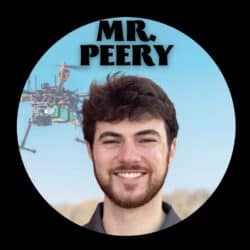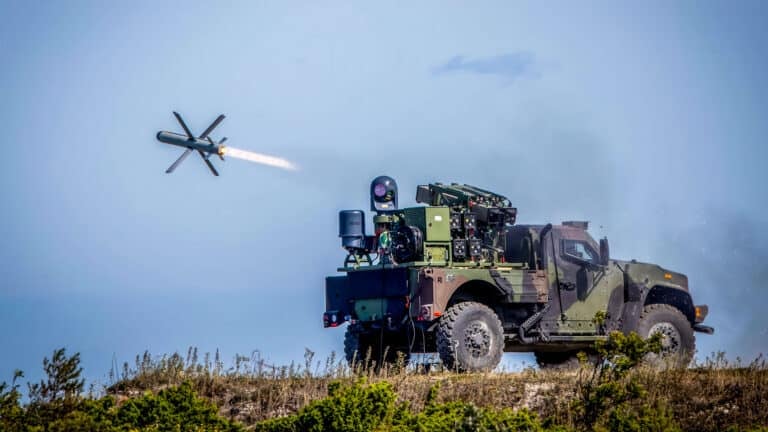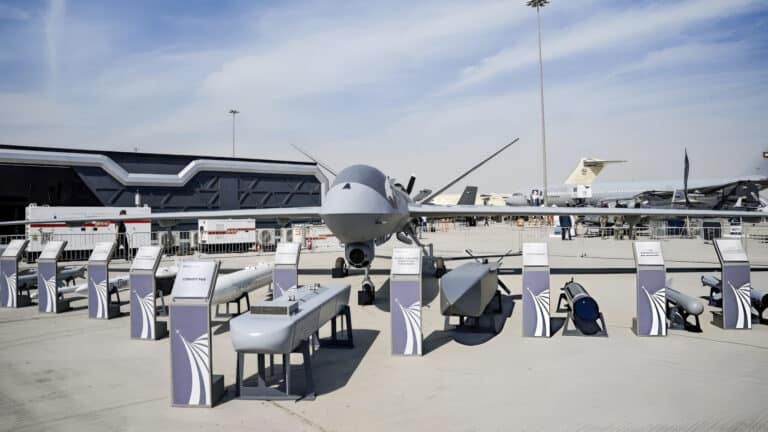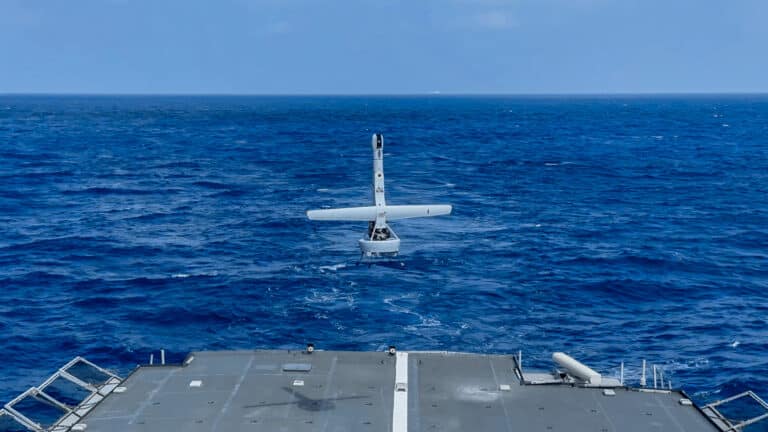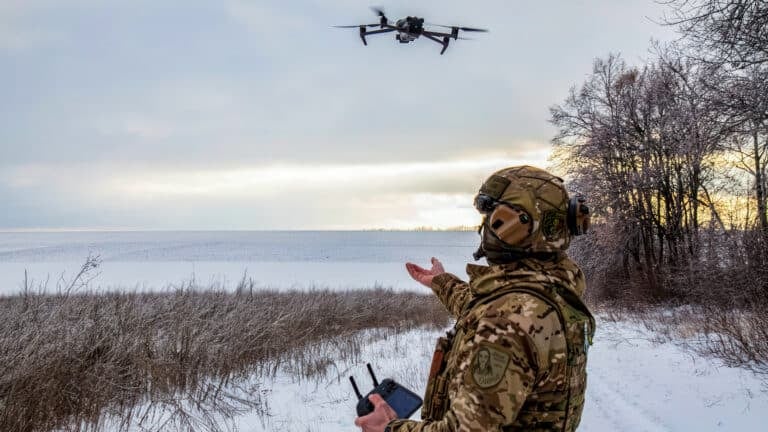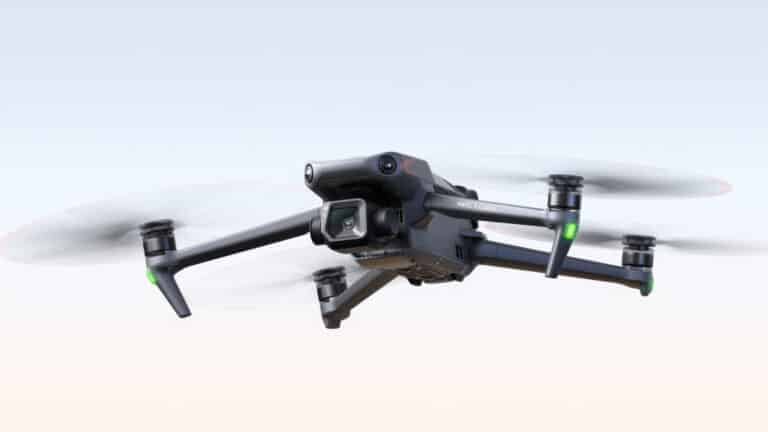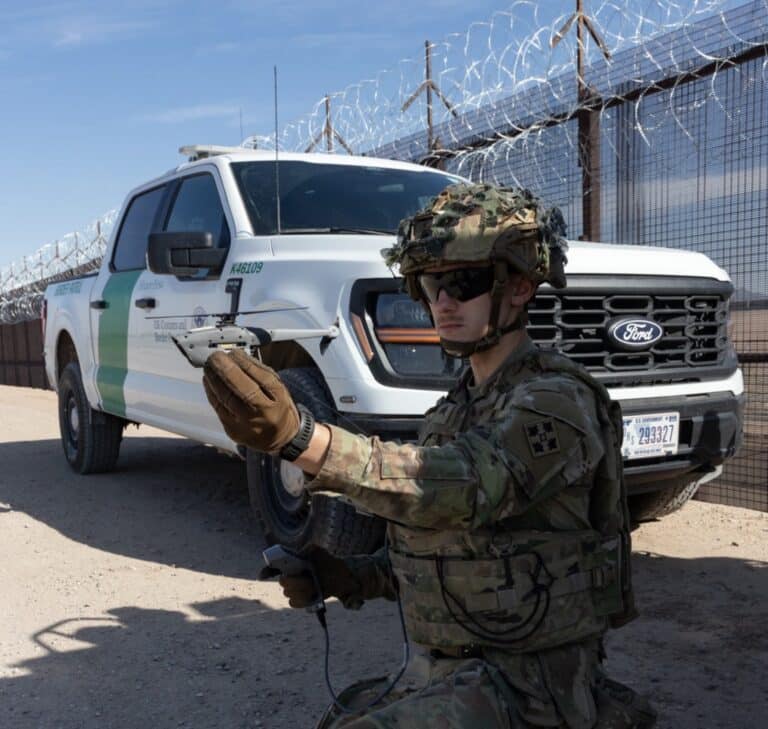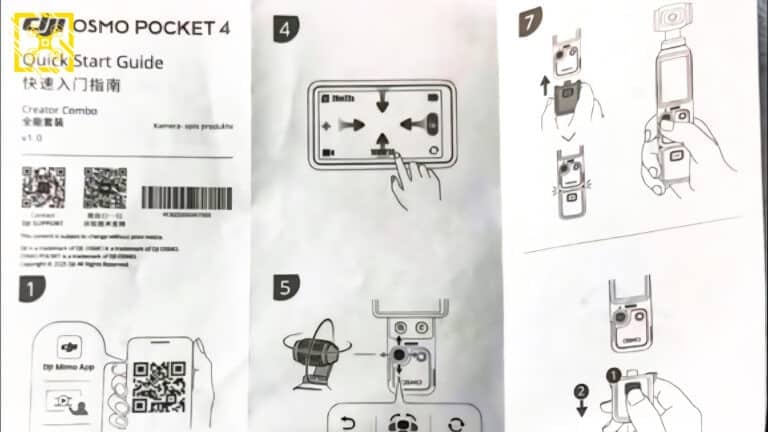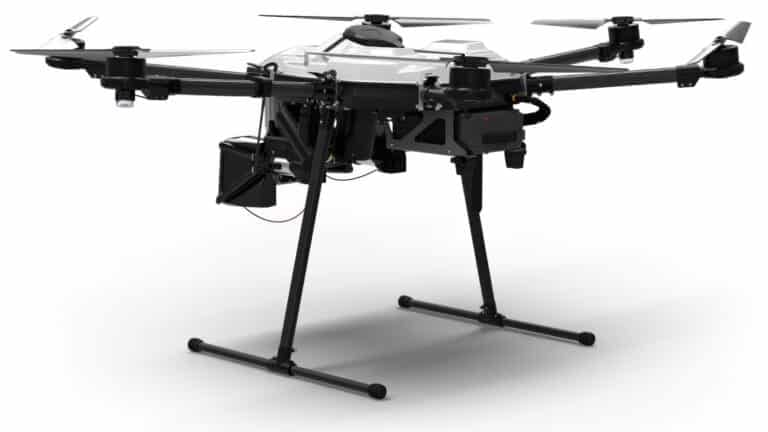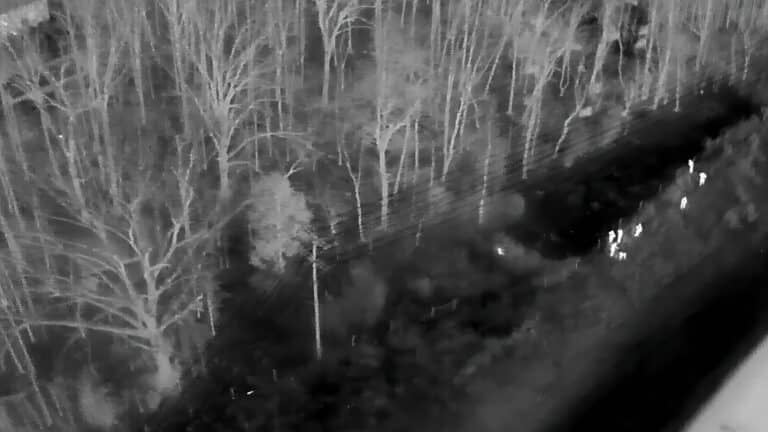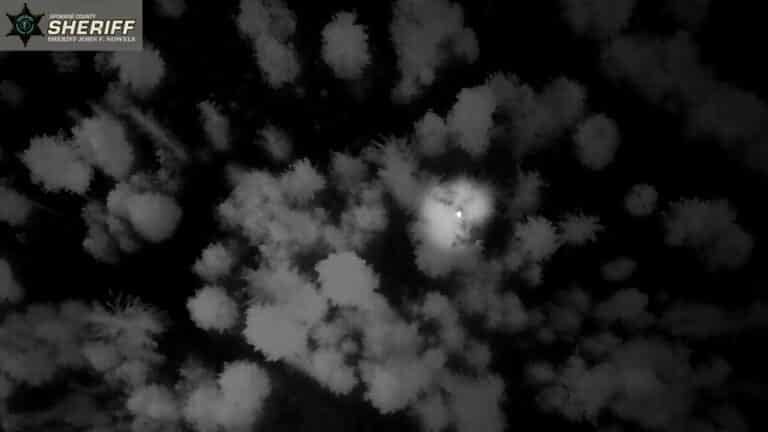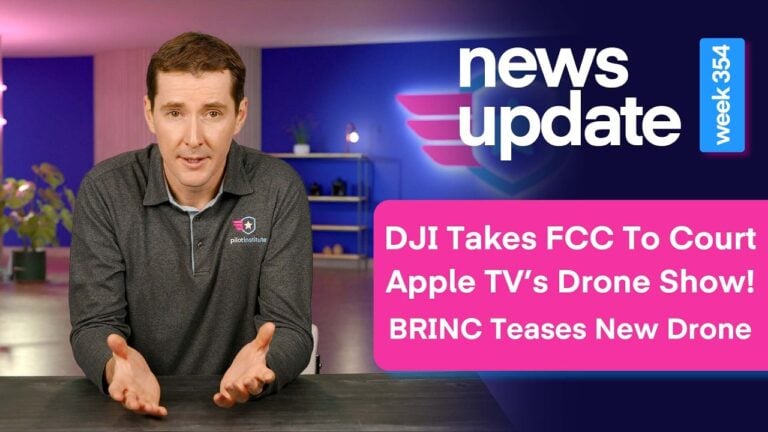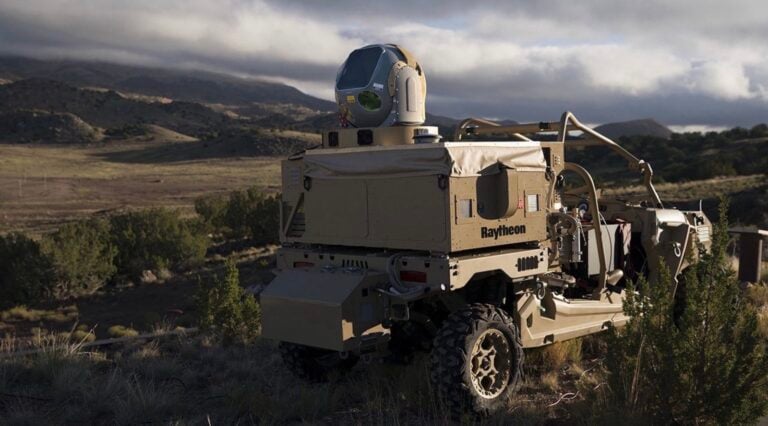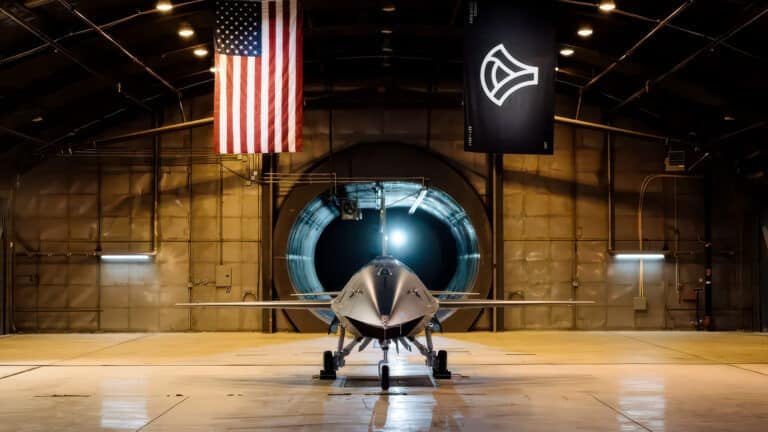Get Your Ham, Save Your Bacon
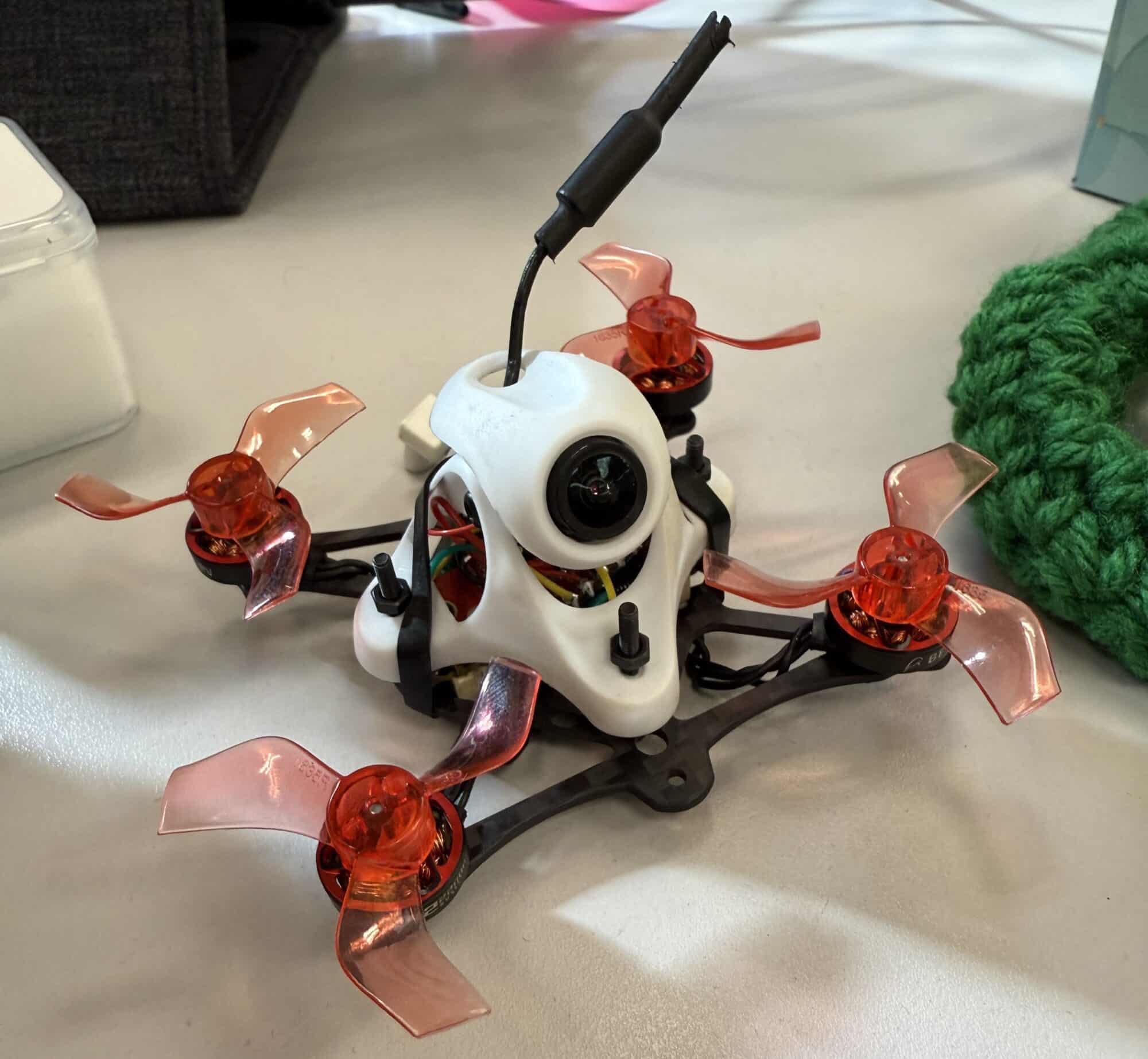
Check out the Best Deals on Amazon for DJI Drones today!
In January 2024, I built a tiny FPV drone from spare parts I had lying around in a box. I wanted to add a small external Video Transmitter (VTX) that was a bit stronger than the stock unit. I managed to find a brand new HGLRC Zeus Nano that I had misplaced several weeks before.
I looked up more information on its available bands, and I came across a Reddit thread that caught my attention. Someone in the comments section claimed you needed an Amateur Radio (Ham) license to operate an analog VTX in the US. I recalled something about that license from years past, so I began to research it a bit further, and I was shocked – he was right!
What to Know
The individual who left the comment was Joshua Bardwell, a person many would consider a prominent figure in the FPV community. After I looked into it a bit further, he was correct—and I hadn’t even considered needing an additional license to fly analog vs. digital.
47 CFR Part 97 lays out the guidelines for the Amateur Radio Service. In short, if you want to operate an FPV drone in the US that uses an analog VTX, you must obtain an amateur (Ham) radio license.
If you’re using an off-the-shelf digital video transmitter, like a DJI O4 Air Unit, that would likely fall under 47 CFR Part 15, meaning you can use it without a ham license.
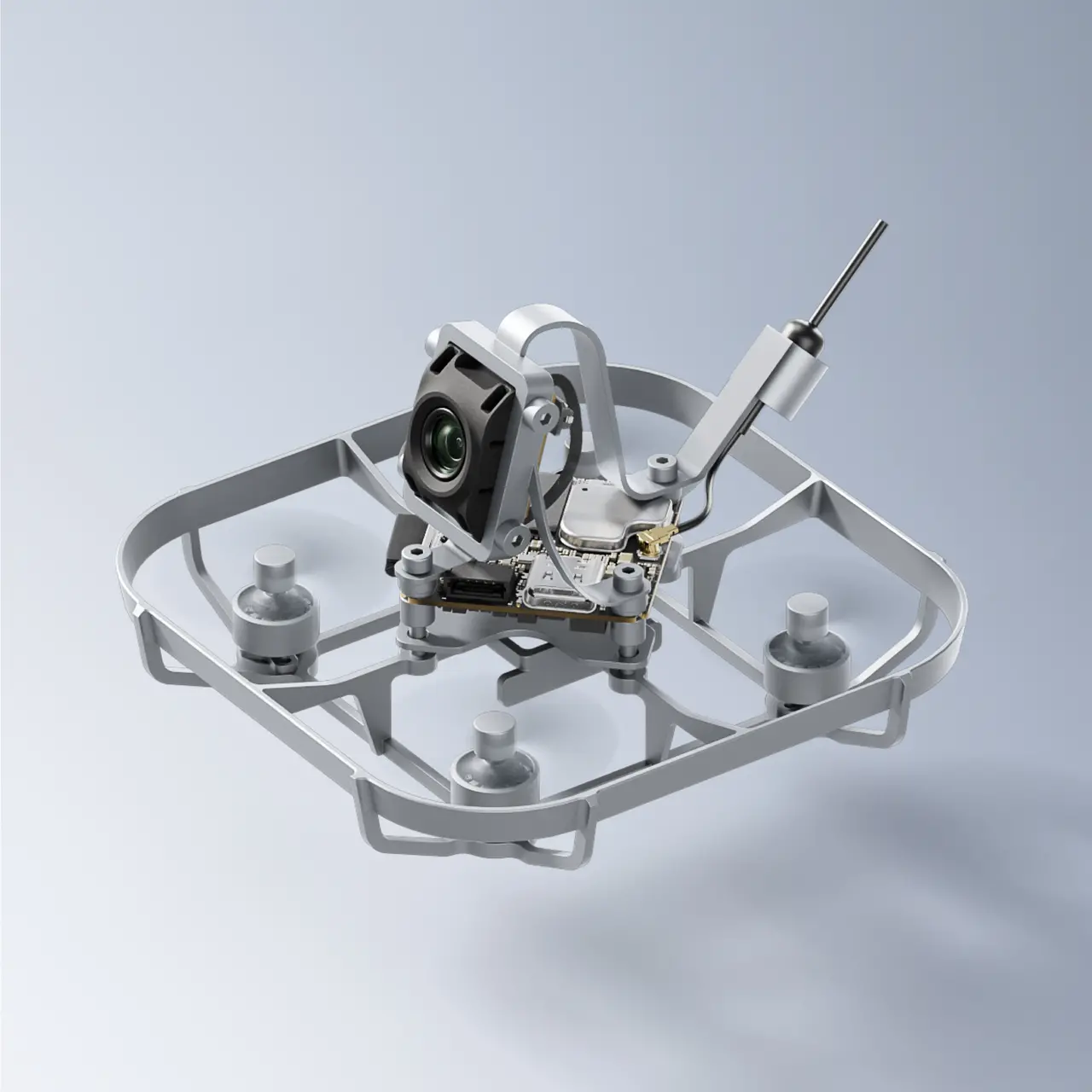
Tip: check your unit’s FCC ID (e.g., SS3-DF3L290424 for O4 Air Unit, SS3-DF3P290424 for O4 Air Unit Pro). The filings list the device class as NII and include Part 15 Subpart E test reports, confirming Part 15 status

What the heck is Ham Radio?
According to Arrl.org, “Amateur Radio (ham radio) is a popular hobby and service that brings people, electronics and communication together. People use ham radio to talk across town, around the world, or even into space, all without the Internet or cell phones.”
Ham Radio cannot be used for commercial purposes. If you wanted to fly an FPV analog build for commercial purposes, throw an external camera on it and use that footage.
Bottom Line
Bardwell’s comment holds up. In the US, most analog FPV video transmitters require a ham license to operate legally, and those privileges cannot be used for financial gain. If you want to keep it simple for paid work, stick to digital, FCC-approved VTX that can be used right out of the box.
DroneXL’s Take
From what I’ve personally seen over the years, I don’t believe many people flying FPV drones adhere to these rules. I’m not personally a fan of them, but if we’re dealing with frequencies that can interfere with safety-sensitive technology, I’d rather err on the side of caution.
I’ll personally be attempting to get my Ham radio Technician Class license (the easiest to obtain) in the near future, and if you’re interested in FPV flying, I highly recommend you do the same.
Let me know what you think in the comments—do you think we should continue down this path, or is it time for an exemption for FPV flying?
Discover more from DroneXL.co
Subscribe to get the latest posts sent to your email.
Check out our Classic Line of T-Shirts, Polos, Hoodies and more in our new store today!

MAKE YOUR VOICE HEARD
Proposed legislation threatens your ability to use drones for fun, work, and safety. The Drone Advocacy Alliance is fighting to ensure your voice is heard in these critical policy discussions.Join us and tell your elected officials to protect your right to fly.
Get your Part 107 Certificate
Pass the Part 107 test and take to the skies with the Pilot Institute. We have helped thousands of people become airplane and commercial drone pilots. Our courses are designed by industry experts to help you pass FAA tests and achieve your dreams.

Copyright © DroneXL.co 2026. All rights reserved. The content, images, and intellectual property on this website are protected by copyright law. Reproduction or distribution of any material without prior written permission from DroneXL.co is strictly prohibited. For permissions and inquiries, please contact us first. DroneXL.co is a proud partner of the Drone Advocacy Alliance. Be sure to check out DroneXL's sister site, EVXL.co, for all the latest news on electric vehicles.
FTC: DroneXL.co is an Amazon Associate and uses affiliate links that can generate income from qualifying purchases. We do not sell, share, rent out, or spam your email.


